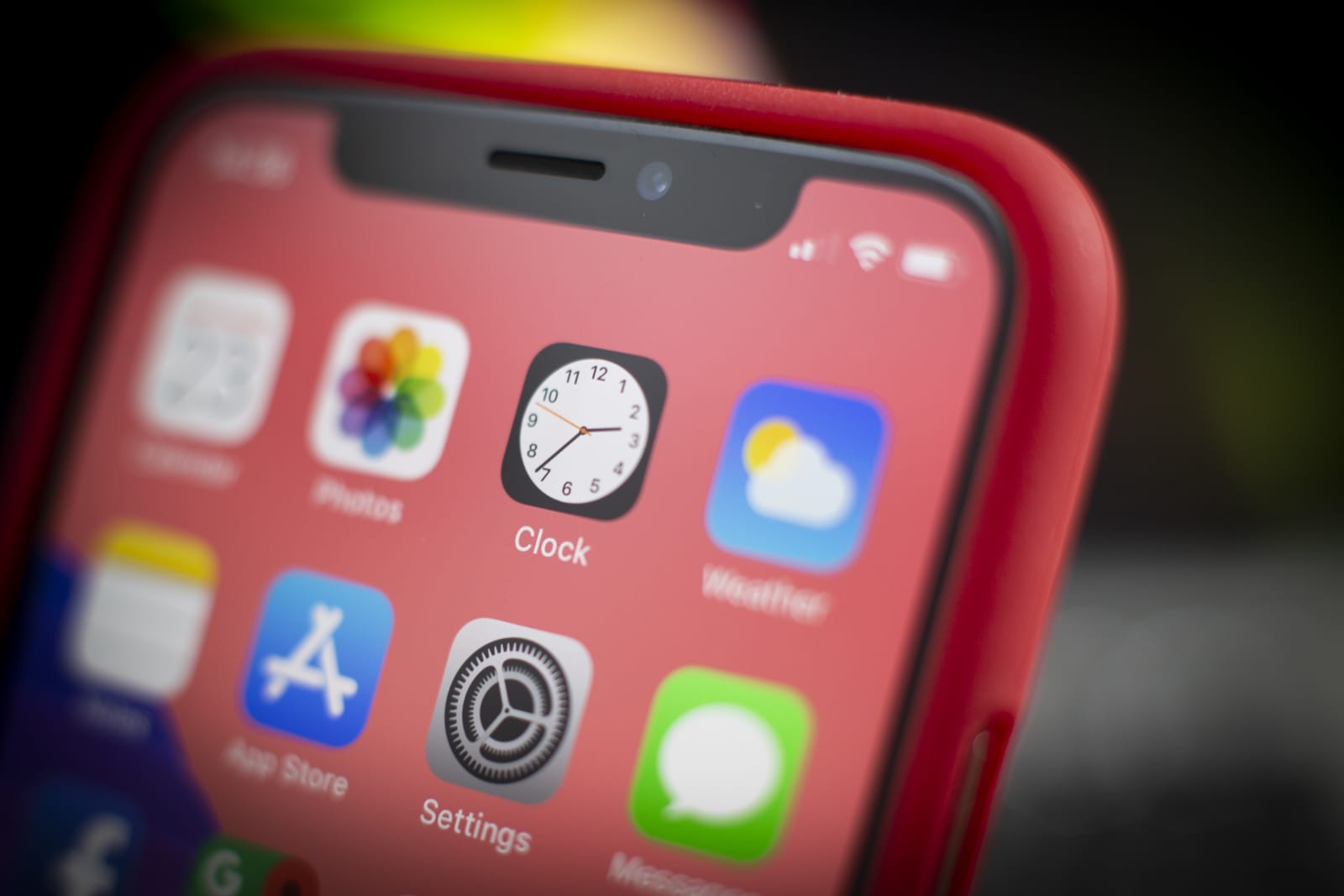Apple accused of clamping down on apps competing with Screen Time

The introduction of Screen Time in iOS 12 was ostensibly a boon for parents and anyone else wanting to keep a lid on device use, but there are concerns that it's cracking down on apps that compete with that feature. The New York Times and Sensor Tower have learned that Apple has either pulled or requested feature limitations for "at least" 11 of the 17 most popular parental control and screen time apps, and leaders at those developers claim it's trying to discourage apps that rival Screen Time's functionality. The creators of two apps, Kidslox and Qustodio, filed an EU competition complaint on April 25th.
Some of those apps had more advanced features, such as support for managing Android devices and blocking websites in browsers besides Safari. The Times also understood that developers received only brief notes demanding changes, with no reasoning or detail to help them modify their apps or explain why their apps were at risk of disappearing. Effectively, companies had to change their business models with little warning.
Apple's Tammy Levine said in a statement that the company treats "all apps the same, including those that compete with our own services." She added that Apple's goal was to create an ecosystem that offered access to "as many quality apps as possible," and dismissed the notion that Apple's apparent crack down was connected to the introduction of Screen Time.
That statement isn't likely to satisfy critics. Spotify filed an EU complaint accusing Apple of mutliple anti-competitive practices, including limiting services that challenge with its in-house music service. You can't currently use Siri to control Spotify, for instance. There's also a long-running perception that Apple muscles into the territory of third-party apps, intentionally or otherwise -- the term "Sherlocked" refers to those times when Apple introduces a feature that renders an app largely irrelevant. Screen time management developers clearly feel they're under similar pressure, and might be reluctant to back down.
Source: New York Times
* This article was originally published here

Comments
Post a Comment
NO abusive, pornographic and sexually explicit content. Spamming and advertising not allowed